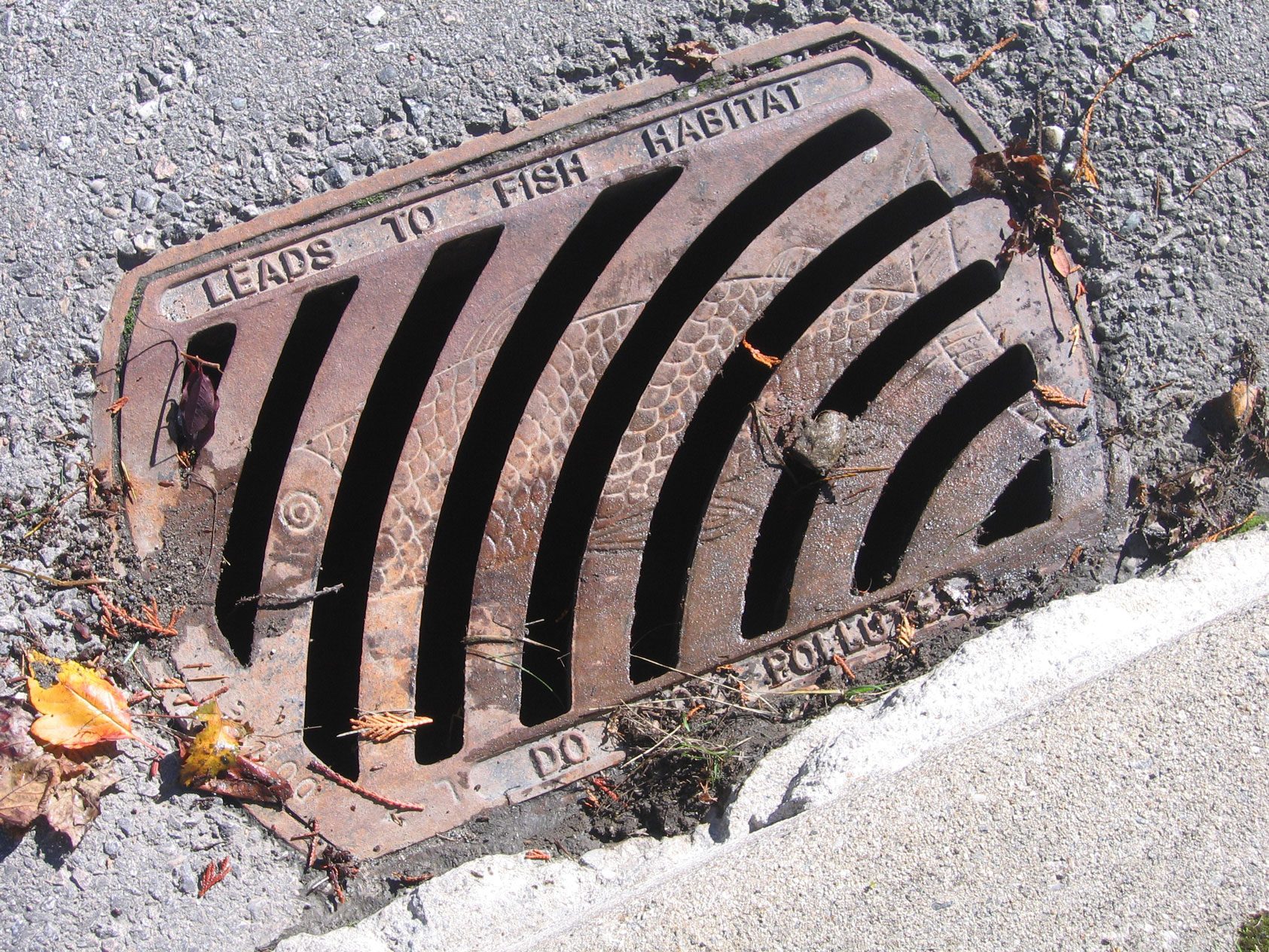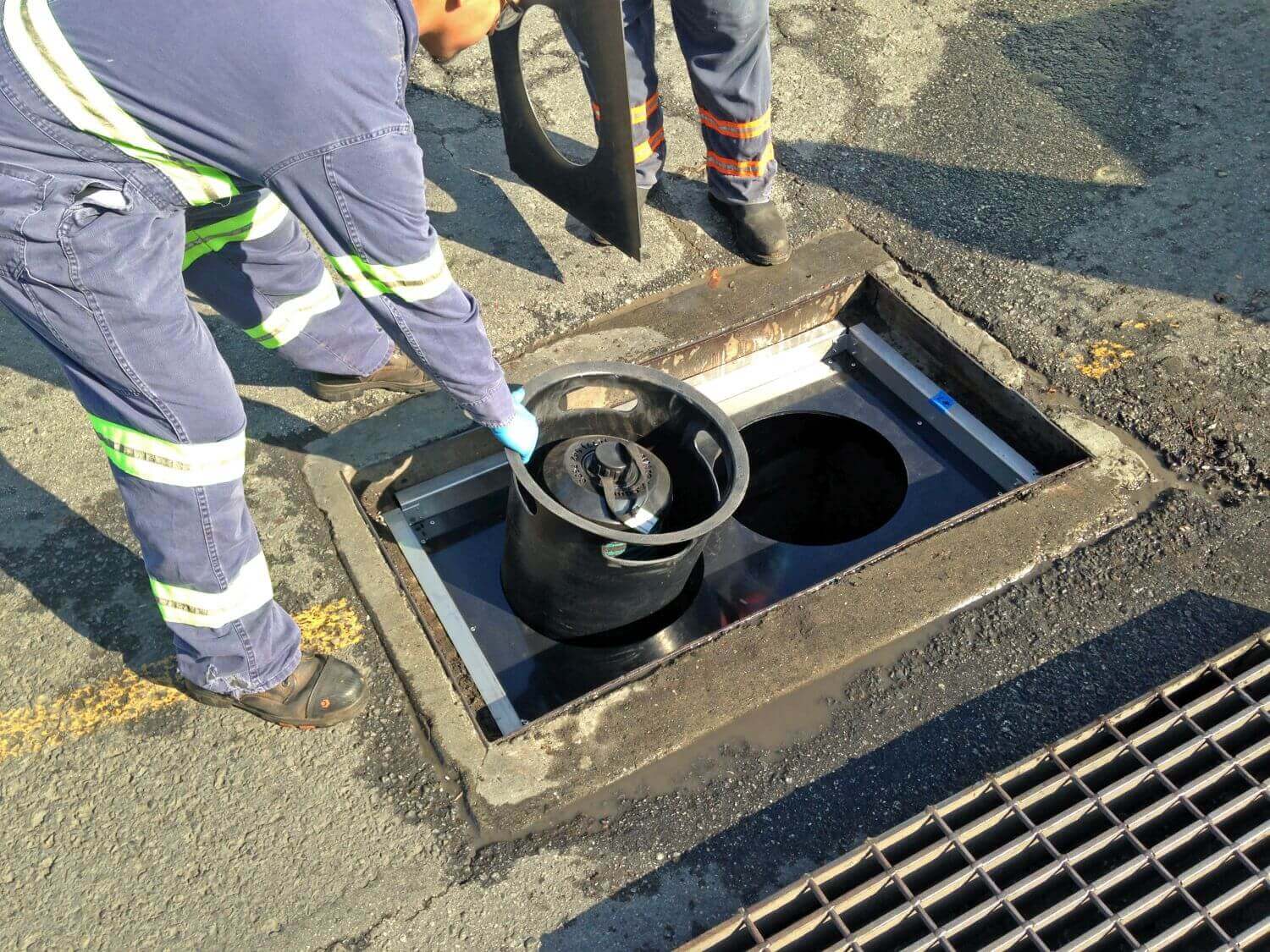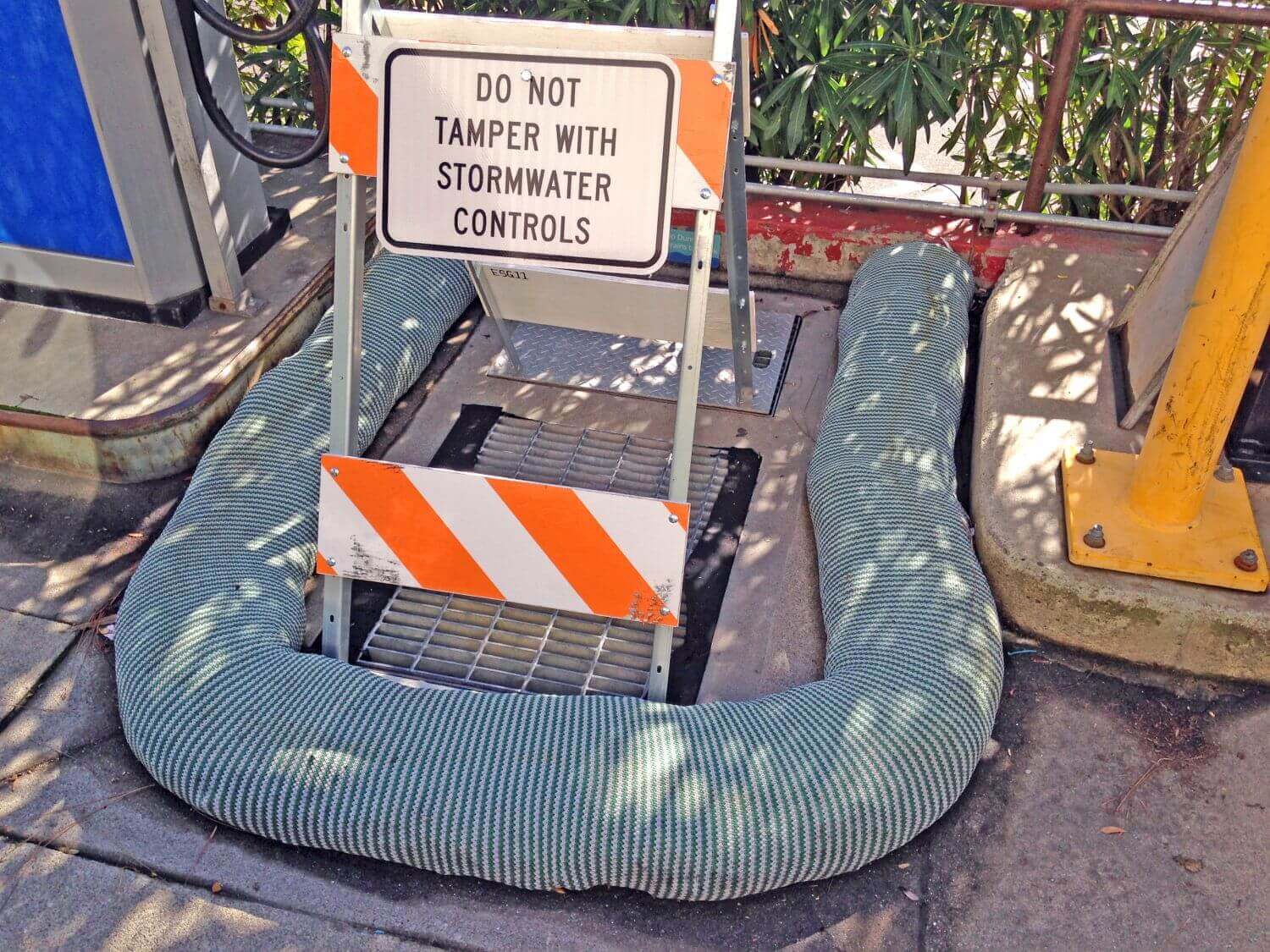Understanding Stormwater Management: Stormwater management involves controlling and using runoff from precipitation events like rain or snowmelt. As urban areas grow, natural landscapes are replaced with impervious surfaces such as concrete and asphalt, leading to increased runoff and pollution. Effective stormwater management systems aim to capture, store, and treat runoff to reduce flooding, prevent erosion, and improve water quality.
Impacts of Urbanization on Stormwater Runoff: Urbanization alters the natural landscape by replacing permeable surfaces with impervious ones, preventing water infiltration and leading to higher runoff volumes and faster flow rates, which increase flood and erosion risks. This disruption of natural infiltration reduces groundwater recharge, lowering water tables and affecting water availability. Consequently, altered hydrological cycles result in increased surface water flows and decreased base flows in rivers and streams, causing more frequent floods and reduced water availability during dry periods. Additionally, urban runoff carries pollutants like oils, heavy metals, nutrients, sediments, and pathogens, significantly degrading water quality in water bodies
Register for a Virtual Lunch & Learn Session
Deepen your understanding of inlet protection and explore the latest trends and innovations in the field. During this session industry experts will share valuable insights, practical tips, and real-world case studies.
Earn 1 PDH Credit.
Challenges Posed by Stormwater Pollution
Stormwater pollution impacts both the environment and public health by introducing a wide range of pollutants that necessitate comprehensive management strategies and technologies. The costs associated with building and maintaining stormwater management infrastructure are significant, often straining municipal budgets. Compliance with federal, state, and local regulations adds complexity and requires substantial resources. Furthermore, educating residents and businesses about the importance of reducing pollution at its source is essential for the success of stormwater management programs.
Implications of Stormwater Pollution
Stormwater pollution significantly impacts water quality by increasing levels of nutrients, sediments, and toxic substances, rendering water unsafe for drinking and recreational activities. It disrupts aquatic ecosystems through eutrophication, habitat destruction, and toxic contamination, which in turn affects biodiversity and food webs. Human well-being is compromised as contaminated stormwater introduces pathogens and toxic substances into drinking water supplies, contributes to urban flooding, and results in economic costs such as heightened healthcare expenses and property damage.

Innovative Solutions for Stormwater Management
Effective stormwater pollutant management combines source control, mitigation products, and treatment systems. EnviroSoxx is an adaptable filtration solution that reduces pollutants and integrates seamlessly into existing systems, available in Industrial and Advanced blends targeting a range of contaminants. StormExx catch basin filters fit most existing stormwater drain systems, capturing sediment and pollutants discreetly while simplifying installation, maintenance, and replacement. Best Management Practices (BMPs) include both structural solutions and non-structural solutions, as well as green infrastructure solutions that integrate natural processes with engineered solutions. For a more comprehensive breakdown of these BMPs, please click here.

Future Directions in Stormwater Management
As urbanization and climate change intensify, innovative stormwater management strategies are increasingly necessary, including the adoption of green infrastructure that mimics natural hydrological processes, the implementation of smart technologies like sensor networks and real-time monitoring systems for efficient management, and the development of policies and regulatory frameworks that promote sustainable land use planning and community resilience.

Conclusion
Effective stormwater management is crucial for protecting urban environments, public health, and ecosystems, especially in the face of urbanization and climate change. By adopting integrated strategies that incorporate green infrastructure, advanced technologies like EnviroSoxx and StormExx, and community engagement, we can develop resilient and sustainable systems that significantly reduce flood risks, enhance water quality, and protect aquatic ecosystems. Implementing best practices, leveraging innovative solutions, and adapting to future trends are essential steps in optimizing stormwater management approaches. This includes employing source control measures, utilizing smart technologies, and continuously monitoring performance while engaging the public. Through comprehensive strategies and collaborative efforts, we can create urban landscapes that are sustainable, healthy, and resilient, ensuring the well-being of both communities and natural ecosystems.
Register for Our Lunch and Learn Session
Ready to deepen your understanding of inlet protection and explore the latest trends and innovations in the field? Register for a virtual Lunch and Learn session, where industry experts will share valuable insights, practical tips, and real-world case studies. Don’t miss this opportunity to expand your knowledge, earn professional development hours, and connect with peers in the industry. Register now to secure your spot and take the first step towards mastering the art of inlet protection.

